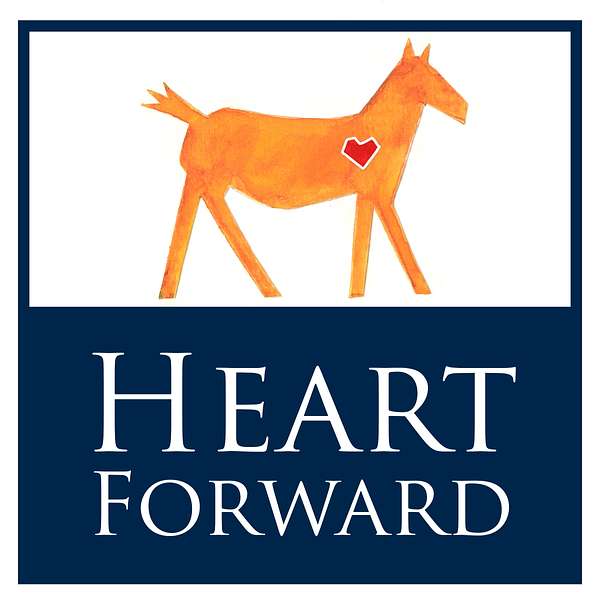
Heart Forward Conversations from the Heart
The American mental health system is broken beyond repair. Rather than trying to tweak a system which fails everyone, it is time to commit to a bold vision for a better way forward. This podcast explores the American system against the plumb line of an international best practice, recognized by the World Health Organization (WHO), in Trieste, Italy. The 40-year old Trieste model demonstrates how a community-based treatment system upholds the human rights of the people served. The Trieste story is anti-institutional and models the therapeutic value of social connection. Topics will address contemporary challenges in the American failed mental health system as contrasted with the Italian approach toward accoglienza – or radical hospitality – as the underpinning of their remarkable culture of caring for people. Interviews will touch upon how the guiding principles of the Italian system – social recovery, whole person care, system accountability, and the human right to a purposeful life – are non-negotiable aspects if we are to have any hope of forging a new way forward in our American mental health system. This podcast is curated and hosted by Kerry Morrison, founder and project director of Heart Forward LA (https://www.heartforwardla.org/). Heart Forward is collaborating with Aaron Stern at Verdugo Sound as the technical partner in producing this podcast (https://www.verdugosound.com). Kerry Morrison is also the author of the blog www.accoglienza.us.
Heart Forward Conversations from the Heart
The human right to work in Italy: A conversation with Stefania Grimaldi of the social cooperative La Collina
Stefania Grimaldi works with the social cooperative La Collina in Trieste Italy. This particular social cooperative was formed in 1988 and employees 200 people, 35 percent of which are considered “disadvantaged.”
In this episode, we briefly explore the origins of the social cooperative network in Trieste – starting with the first one called the Basaglia SC, which was features recently in a movie called 50 Years of CLU.
We explore the two different types of social cooperatives – Type A and Type B. In particular, we are interested in the Type B social cooperative because e they train and employ people who fall int the disadvantaged sector – which can involve physical and mental disability, substance use addiction and past experience with incarceration.
What is interesting is how the social cooperative must operate like a business and coimpete in the market place to secure contracts to provide labor and services. La Collina will be competing with other private entities – and therefore their workforce must be up to the job. We explore their pathway to work which involves mentoring and internship before full employment status is achieved. The cost of the internship is underwritten by the health agency, ASUGI.
The take-aways for an American audience are threefold:
· Work is a human right, guaranteed by the UN Declaration of Human Rights and the Convention on Rights for Persons with Disabilities.
· So-called disadvantaged workers can achieve full employment and pursue their life aspirations
· The proper supports must be in place to ensure people are trained and prepared to pursue their employment goals